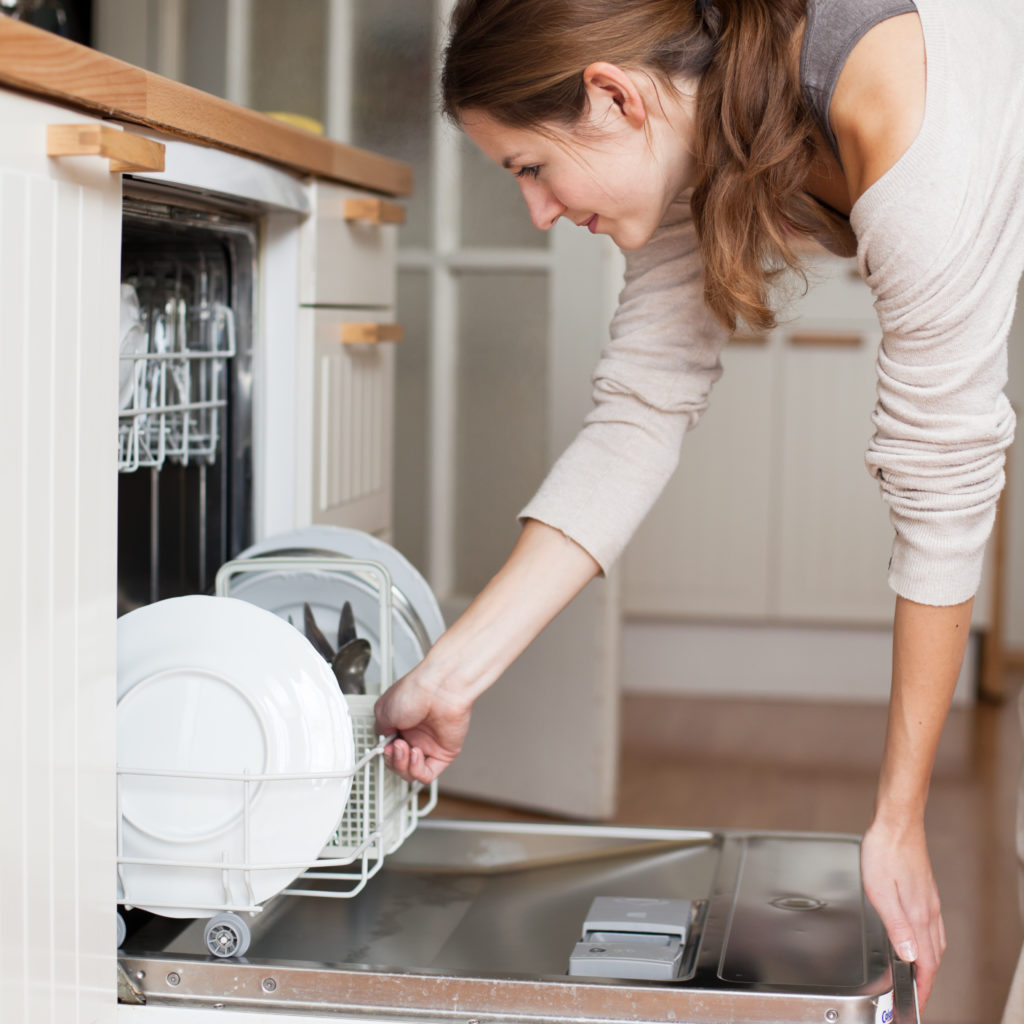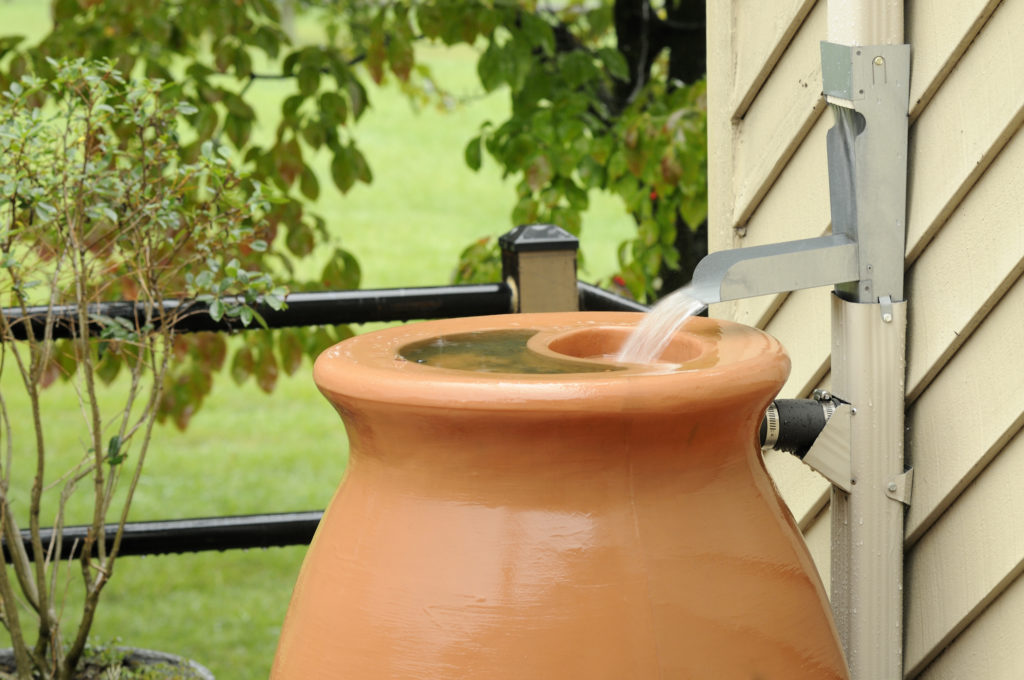10 Easy Ways to Reduce Water Waste in Your Home
 Water may be relatively cheap, but you’d be surprised at how much money you can save by exercising just a little bit of caution around your water usage. If you get a flow meter from flowmeters.com you can monitor your water usage.
Water may be relatively cheap, but you’d be surprised at how much money you can save by exercising just a little bit of caution around your water usage. If you get a flow meter from flowmeters.com you can monitor your water usage.
Moreover, conserving water is simply better for the environment—it reduces water treatment costs; reduces the amount of energy used to treat, pump, and heat water; and diverts less water from our bays, rivers, and estuaries, which protects much-needed ecosystems.
5 Steps to Reducing Water Waste
So, for all of these benefits of saving water and more, here is a look at ten easy ways you can reduce water waste in your home.
Turn off the tap!
Brushing your teeth or washing your hands? Don’t forget to turn off the water during that interim time when you aren’t actually using the water coming from the faucet. It’s small, but it’s something you’ll do often if you stick to it, so the water savings can really add up.
Take shorter showers.
This is another tip that may sound like common sense, but it’s worth mentioning. Did you know that you use as much as five gallons of water per minute in the shower? Make it a goal to spend five minutes or less in the shower for some major water savings.
Install water efficient fixtures and appliances.
 Thankfully, we’re seeing more and more water efficient fixtures and appliances hit the market. Take an inventory of your home and see what you can replace in your home for better water usage efficiency. Some examples:
Thankfully, we’re seeing more and more water efficient fixtures and appliances hit the market. Take an inventory of your home and see what you can replace in your home for better water usage efficiency. Some examples:
- Faucets
- Showerheads
- Toilets
- Washing machine
- Dishwasher
The toilet is actually the single biggest water user in the home and accounts for about a third of a home’s daily water usage, so if you’re going to replace any of your fixtures or appliances with an energy efficient one, consider starting with the toilet!
Only run appliances on full loads.
While you’re at it, be sure to only run your washing machine or dishwasher when you’ve got a full load!
Reuse boiling water.
Whether you’ve just boiled eggs, pasta, or potatoes, chances are you can put that boiling water to additional use. You might, for example, use starchy water from boiling potatoes to make soup.
9 Ways to Reduce Your Water Waste
Or, you might use that water from boiling your eggs to water your houseplants. Just be sure to let the water cool before reusing if necessary.
Save all that “heating up” water.
You know all that water you typically waste waiting for water to heat up, such as when you first turn on the shower or when you first turn on the kitchen sink to boil a pot of water?
Instead of letting all of that water go down the drain, place a large bucket under the faucet to collect all of that “heating up” water. You can use it to refill your water pitcher, water houseplants, flush a toilet, and more.
Get a rain barrel.
 A similar way you can conserve water involves using a rain barrel outdoors. In a nutshell, a rain barrel is an above-ground water storage tank that you position under one of your gutter downspouts to collect rain water.
A similar way you can conserve water involves using a rain barrel outdoors. In a nutshell, a rain barrel is an above-ground water storage tank that you position under one of your gutter downspouts to collect rain water.
These barrels typically feature a spigot located near the bottom, which can be used to control water usage. As this article points out, installing a rain barrel at a rain spout is fairly simple, and you can use the water you collect to water your garden, add moisture to your compost pile, and more.
Shrink your lawn.
Watering your lawn uses an enormous amount of water, so if you want to use less water, consider shrinking your lawn with some creating landscaping.
You might install a larger patio in your backyard, build a fire pit, create a zen garden, or try out some Xeriscape landscaping—anything to reduce the amount of grass on your property.
Water outdoor plants in the morning.
Watering outdoor plants in the morning, when temperatures are cooler, means you’ll lose less water to evaporation. This, in turn, means you can use less water for watering your outdoor plants.
Make sure your home is leak-free.
Leaks can also be a major culprit behind excessive water usage. You can easily check and see if your home is leak-free using your water meter. Simply locate your water meter, take a reading, and then refrain from using any water in your home for about 2 hours.
Take another reading from your water meter after the two-hour time period. If your water usage has changed, then you know there is a leak somewhere in your home.
Category: Save Energy, Saving Money




